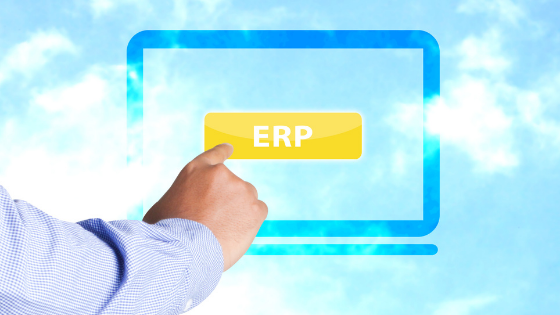Upgrading to a True Cloud-Based ERP Avoids the Risk of Faux-Cloud Services

Businesses are moving their software operations to the cloud to reap the benefits and cost savings that the cloud provides. Unfortunately, in response to the demand for cloud-based services, some companies may be misrepresenting their means of cloud-computing. The result is a split of true cloud-based deployment as opposed to faux-cloud (also known as “pseudo cloud”, or “fake cloud”) services.
In its broadest concept, any computer connected to the internet is part of the cloud. But that is far from the cloud-based environment that offers the accessibility, reliability and security that comes with true cloud-based applications. Therefore, when you are upgrading your ERP, you need to be sure it will provide the cloud-based services you are expecting.
To help with that determination, here are three questions that will ensure you are moving to a true, trusted, and authentic cloud-based ERP:
Where is the application actually hosted?
The answer to this question is two-fold: first, a cloud-based ERP needs to be hosted in a data center that is environmentally controlled and provides secure, scalable, and constant access over the internet. Secondly, the hardware used by this data center must provide full redundancy so there is no down-time due to server issues and provide backup and recovery even in the case of a disaster. Amazon Web Services (AWS) is one example of a cloud computing platform.
In the case of a faux cloud, the application is moved from an on-premises server and hosted in simply a different, remote, on-premises location. When this happens, you can still have server downtime, interrupted service, the risk of slow processing, and so on. Basically, you will not have the advantages that are available with a true, cloud-based ERP application.
How is the software upgraded and updated?
A true cloud-based ERP should be able to provide upgrades and updates, immediately, with no need for extended downtime for installs or implementations. This is particularly beneficial for regulated industries as updated features often reflect changes in regulations and compliance.
If there is a probability of significant downtime and disruptions in service due to upgrades, updates, or server maintenance, it is not a true cloud-based ERP.
How secure is my business data?
A true cloud-based ERP will have 24/7/365 monitoring, offer encryption, permission-based authentication, and apply the most up-to-date security, firewall, and confidentiality measures possible. It will have the most state-of-the-art security, backup, and recovery protocols in place.
With a faux-cloud system, you still run the risk of missed patches, uninstalled security software updates, and outdated server security mandates.
The bottom line: upgrade to a cloud-based ERP from a company you trust. A true, cloud-based ERP provides all the technological benefits of the cloud plus remarkable cost savings of a scalable, monthly, operations fee.
Upgrading your ERP system to the cloud requires extensive expertise in cloud computing, its technologies, and its functionality. The team at Decision Resources has both the experience and expertise to ensure your cloud-based ERP is safely hosted and accessible in an authentic cloud environment. Click here to get in touch with our team. Alternatively, you may call 412-562-9660 or email us at info@decision.com.
Similar Blogs

Decision Resources Featured on Crunchbase

Chips, drugs, and steel — how to prepare for Trump tariffs





